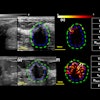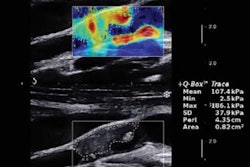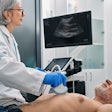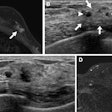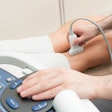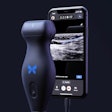Mount Sinai Heart in New York City has launched BioImage-2, a large research study that will investigate the progression of vascular atherosclerotic plaque in patients who participated in the original BioImage study in 2008 and 2009.
The original BioImage study provided important insights into the presence of atherosclerotic plaque disease in the larger arteries and how the information can improve the identification of those at risk for heart attack or stroke, according to BioImage-2 LLC. In the study, 6,100 participants received a variety of imaging studies, including a 3D ultrasound method for imaging the carotid arteries.
The new study aims to recruit a minimum of 1,000 former participants of the original BioImage study, and it will investigate the natural progression of plaque disease over the approximately nine years since the original BioImage study. Participants in BioImage-2 will make a single visit to a mobile BioImage-2 research center located at one or more of the dozen centers serving Medicare beneficiaries in South Florida. Mount Sinai Heart Director Dr. Valentin Fuster, PhD, will serve as principal investigator for BioImage-2.
Results from the original BioImage study indicated the potential of ultrasound imaging to better identify those at risk for major cardiovascular events, according to Dr. Pieter Muntendam, co-principal investigator of the BioImage-2 study. He also previously led the original BioImage study.
"BioImage-2 will help us develop and test the tools that would put this on a path to use in clinical practice to better tailor preventive therapies," Muntendam said in a statement.
The study organizers believe the BioImage-2 study will help develop methods to make carotid ultrasound imaging part of routine clinical practice. BioImage-2 is being supported by Philips Healthcare and AstraZeneca's Investigator-Sponsored Study Program. More information on the study can be found on the BioImage-2 website.



